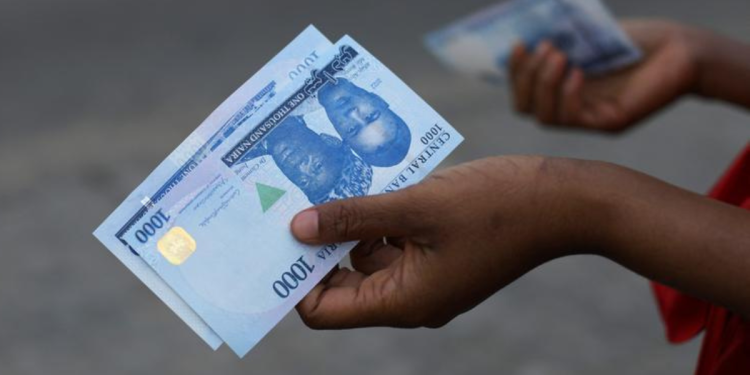To ensure that foreign currency exchange rates in Nigeria are uniform, the Central Bank of Nigeria implemented a free-floating policy of the Naira to other foreign currencies on June 14, 2023.
Since the policy was implemented, other currencies have freely floated and, more importantly, appreciated against the naira, significantly devaluing it. The Investors and Exporters (I&E) window will now control all areas of the exchange window.
The British pound (BP) appreciated by 38%, while the US dollar (USD) appreciated by 37% on June 14, the day the Nigerian foreign exchange market was unified.
Sixteen days later, the BP increased by 20% compared to the previous day, while the USD also increased by 29%.
.png)
Understanding the Unification of Nigeria’s Foreign Exchange
By altering transactions on the foreign exchange market, unified foreign exchange rates seek to harmonise parallel and official foreign exchange rates. Nigeria’s FX market operations have changed, which suggests that the government has relaxed control over the naira and allowed it to float freely. Nigeria, though, is still a managed float.
Additionally, it alludes to a procedure whereby many rates are combined into a single rate decided by market forces rather than government regulation.
Before it was united, Nigeria had a number of exchange rates, including interbank and parallel market rates. The official rate, typically lower than the other rates, was largely used for government transactions and in several industries.
To promote stability and transparency in foreign exchange operations, the exchange rates have been harmonised.
Because the foreign exchange rate more accurately represents the Naira’s genuine worth and lessens the impact of administrative regulations, the Naira depreciates even more than it already has.
A free-floating foreign exchange market has a number of negative effects that experts have pointed out, including an increase in the value of foreign debts, a rise in Nigeria’s debt-to-GDP ratio, a rise in import prices, inflation, a potential reduction in the budget deficit, and a declining economy.
Yet, there are economic benefits to the free-floating exchange rate, according to a Businessday study, include enhanced liquidity in the foreign exchange market, decreased uncertainty, increased investor confidence, and increased transparency in the distribution of foreign exchange.
If the local currency receives a favourable shock to its exchange rate and an unanticipated appreciation, exports and imports will cost less in the goods market.
Is there an end to the Naira’s depreciation after the FX market’s unification?
According to Chief Executive Officer of the Centre for the Promotion of Private Enterprise, Dr Muda Yusuf, explained in an interview with Daily Trust that it is crucial to underline that this is not a devaluation policy; rather, the foreign exchange policy regime is being normalised, and the exchange rate has been adjusted to reflect the demand and supply fundamentals. It would be dynamic, and depending on the fundamentals, the value of the naira would gain or depreciate.
“Due to the enormous backlog in demand, we anticipate a short-term devaluation of the currency in the official window. However, the rate would moderate as the market condition returns to normal and moved toward equilibrium,” he said.
A report by the World Bank mentioned that exchange rate unification at a market-clearing level might improve confidence in the future management of the currency rate and hence lessen depreciation expectations if communicated and managed properly and credibly. Additionally, it can lessen uncertainty and streamline legal transactions in the actual economy, encouraging economic expansion.
The report also pointed out that abandoning an official exchange rate without proper management might increase inflation or future exchange rate depreciation expectations.
In a tweet, Taiwo Oyedele, a Fiscal Policy Partner and Africa Tax Leader at PwC emphasised how beneficial the policy was. He maintained that to regain confidence, the government must control the dynamics. Mr Oyedele further posited that a significant market distortion had been removed, and expectedly, this will come with positive and negative implications.
Nigeria’s economic growth will be boosted by a rise in the value of the Naira in relation to the US Dollar and vice versa. Too much instability and fluctuations in the exchange rate are bad for growth.



.png)